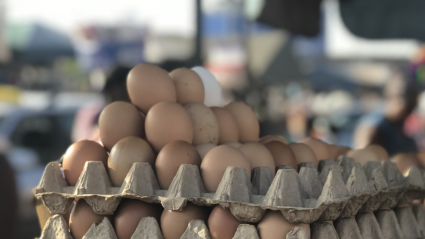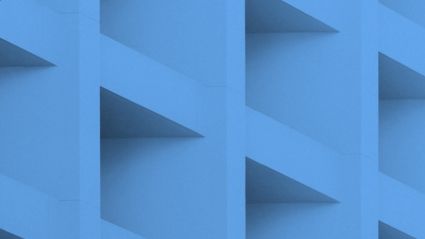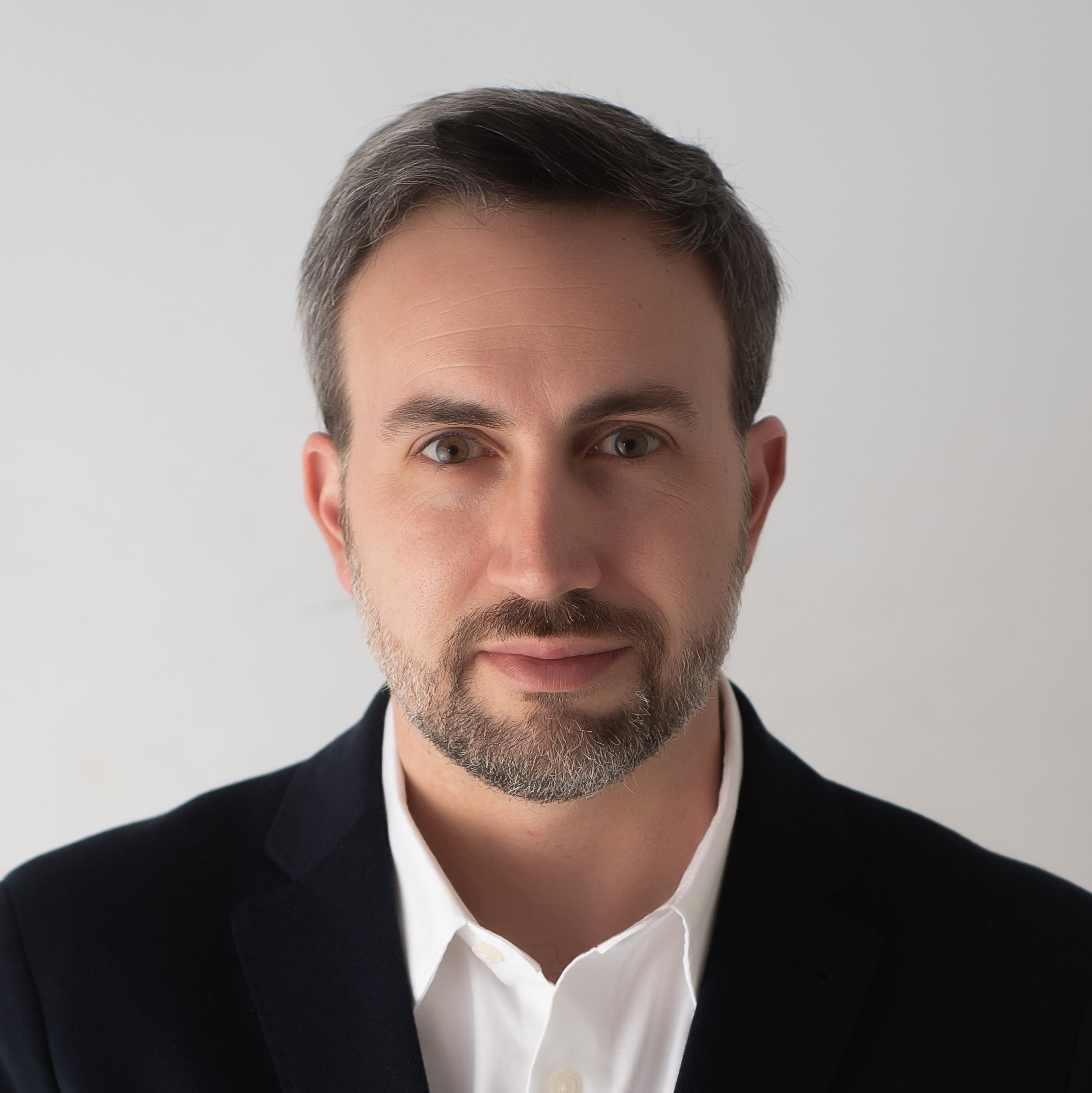
Key Takeaways
The following are a few of the main takeaways from COVID-19 Africa Watch’s conversation with Nurse Cherish Samuel, who works in the Eti-Osa COVID-19 Isolation and Treatment Centre in Lagos State, Nigeria:
-
The Eti-Osa Isolation Centre has a 76-bed ward and ten ICU beds. It was established as a public-private partnership and is “always full.”
-
Nurse Cherish urges Nigerians to get their information on COVID-19 from the Nigeria Centre for Disease Control (NCDC).
-
Citizens should protect themselves and others by maintaining social distance, wearing masks, and coughing into their arms, not the open air.
-
Nurse Cherish urges people to get tested if they show symptoms of COVID-19 – loss of the sense of smell or taste, coughing, and fever – and not to self-medicate.
The interview was conducted by John Schellhase, Associate Director for Global Market Development at the Milken Institute. A transcript is available below.
Transcript
Interviewer
My name is John Schellhase, and I’m an associate director for Global Market Development at the Milken Institute where I help manage our COVID-19 Africa Watch project, including our covid19africawatch.org website. The website is a hub of news, data, and analysis on the pandemics impacts in African countries. And we also covered the global response to those impacts.
I’m very pleased to be joined by Ms. Cherish Samuel who is a Registered Nurse working at the Eti-Osa Isolation Centre in Lago States, Nigeria. Nurse Cherish, thank you so much for joining me.
Nurse Cherish Samuel
Thank you, John. Thank you for having me.
Interviewer
Could you tell me a little bit about the center and when it was set up, how many staff you have, how many beds you have, et cetera?
Nurse Cherish Samuel
Thank you. The Eti-Osa Isolation Centre is a public private partnership between private organizations and the government that came together. So at the Centre, we have a 76 bed ward, with ten beds for our ICU.
Interviewer
And are you full currently or do you have capacity still?
Nurse Cherish Samuel
We are always, always full.
Interviewer
And so you’re seeing COVID-19 patients every day. What is that like?
Nurse Cherish Samuel
COVID-19 was something no one had actually prepared for. We were not prepared for something like this. Even when I try to explain something like this in my practice, I don’t know how to express something like this. It’s quite overwhelming. But we try as much as possible as case workers, because it is our responsibility, to care for the sick. So we try as much as possible to take care of these people, but it is quite overwhelming.
Interviewer
What would you say to the man or woman on the street about what they need to know about how to keep them safe themselves safe and to keep their fellow citizens safe as well?
Nurse Cherish Samuel
Understand that it is difficult for most Nigerian citizens to trust their government, but in a situation like this, the government will not lie to our citizens. They will not play with our lives. Whatever the government is saying is the truth.
“Listen to the CDC, maintain social distance, continue hand washing, use your mask as much as possible when going out.”
So I understand these citizens—when I go online and I sensitize people about COVID-19, and I get a lot of people telling me, ‘Oh, COVID-19 is not real. You’re making up numbers.’ But I understand the government has nothing to gain from padding numbers, so if there is anything I would tell the citizens, it is for them to be responsible. Remain responsible. Maintain the social distance specified by the government. Listen to NCDC. That’s the official government agency in charge of COVID-19 information. So any information that doesn’t come from CDC, that may not be true. So listen to the CDC, maintain social distance, continue hand washing, use your mask as much as possible when going out. Maintain coughing etiquette. Instead of coughing into an open space, you can actually cough into your elbow to protect others. And please, please, please, please, be safe.
Interviewer
I would also ask you, just from the outside the world, what would you like people outside of Nigeria to know about what’s happening in the country?
Nurse Cherish Samuel
Truly, what we are seeing, is we’ve not contained— From the numbers we have, we’re just at 22,000 plus, almost going to 23,000. So Nigeria is trying as much as possible, especially Lagos. I wasn’t this kind of response at the beginning of COVID-19. I was never expecting governments, especially the Lagos State government, where I work— I wasn’t expecting it to be this responsible. They’ve tried, the leadership have tried everything with their response, the setting up of the Isolation Centre, provision of PPE. So far, the government is really trying. They are doing their best. What we are not doing, we are not doing enough testing.
Interviewer
Could I ask you a little bit more about the policy response, in terms of the lockdown? Could you tell us about the challenges of the lockdown and then also where things are currently, in terms of the easing or restrictions?
Nurse Cherish Samuel
At the beginning of this, when we had the first case of COVID-19 in Nigeria, the whole word, all the Western countries were fighting, they were talking about this COVID-19, how they were losing so many people. And we actually didn’t know the gravity of COVID-19? So when we had the first case of COVID-19 in Nigeria, the government was just forced to lockdown.
When the government finally relaxed the lockdown, I think people just got used to it, because sometimes you go out and you realize that most places are not maintaining social distance. Most places, people aren’t even wearing masks. They just don’t care. Of course, some of them believe COVID-19 is not real, so it’s easier for some of them to just say, ‘If I die, I die.’ This is the normal language here in Nigeria. But I hope as much as possible people actually see the gravity of COVID-19 and don’t take COVID-19 likely.
And so far the lockdown—and again, we’ve noticed that after the relaxation of the lockdown, we still have an increasing number cases.
Interviewer
Do you have any other messages or final thoughts for us?
Nurse Cherish Samuel
I’ve actually said something about the citizen, but that’s because that’s actually my major concern. I’ll be happy for people to understand that COVID-19 is real. We are losing people, as some business are recovering, we are also losing people. There’s also the fact that COVID-19 is different in different people. The fact that one person survives COVID-19, doesn’t mean the next person will survive COVID-19. I’ve seen an old, very old man recovering from COVID-19. And I’ve seen a young man dying of COVID-19. So as much as possible, I want the citizens to be responsible.
“Please, if you have any symptoms of COVID-19, if you feel you’ve lost your sense of smell, your sense of taste, you’re coughing, you’re having difficulty in breathing, you’re running fever, please get tested.”
And again, understand that we have a this way of life where we just take things common or when we have any kind of illness, we just go to the pharmacy and take drugs for self-medication. Please, if you have any symptoms of COVID-19, if you feel you’ve lost your sense of smell, your sense of taste, you’re coughing, you’re having difficulty in breathing, you’re running fever, please get tested. Don’t just assume you have COVID-19, get tested. And please, please don’t self-medicate. Thank you.
Interviewer
Nurse Cherish, thank you so much for taking the time to be with us today. And I just want to, I conclude our interview by saying on behalf of the Milken Institute and everyone around the world who wants this virus contained and who wants to see those who contracted, treated with professionalism and with compassion, thank you from the bottom of my heart and with all my admiration for the work that you are doing on the front.
Nurse Cherish Samuel
Thank you. Thank you so much, John. Thank you for having me.



